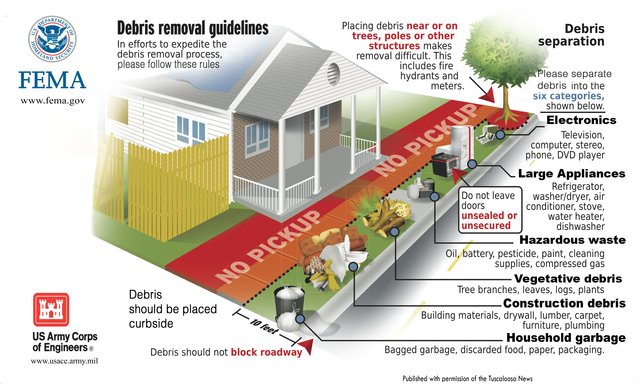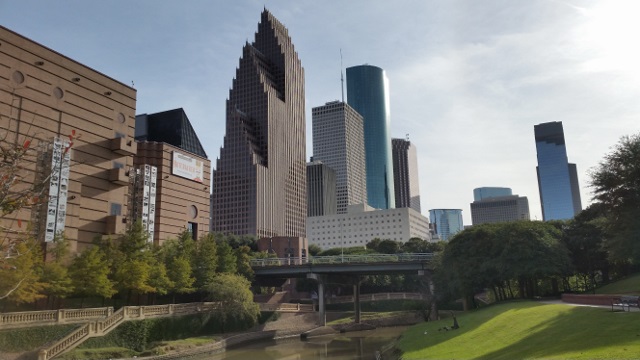
The first thing Bobbie and I would like to say is that we stand with you and by you during this extremely challenging time. Houston is the place we call home as well, it’s where we live, where our families are and where our kids go to school. We have been out in the communities volunteering and helping where we can, so we understand some of the challenges you may be experiencing. Our primary focus is on helping the people of Houston and the surrounding communities begin the recovery process and start to rebuild. Please contact us if you require help or assistance. We have also put together a list of resources on our Flood Resource page.
I Want to Sell My Flooded House or I’m Unable to Fix the Damage
Sell My Flooded House
Please let us know if we can assist you in any way. If you are interested in selling your home, please fill out the below form or call us directly 713-714-2689.
I Want to Begin Cleaning Up My Home
- Always wear protective clothing including long-sleeved shirts, long pants, rubber or plastic gloves and waterproof boots or shoes.
- Before entering your home, look outside for damaged power lines, gas lines and other exterior damage.
- Take photos of your damage before you begin clean up and save repair receipts.
- Your home may be contaminated with mold, which raises the health risk for those with asthma, allergies and breathing conditions. Refer to the Center for Disease Control for more info on mold: www.cdc.gov/disasters/hurricanes/pdf/flyer-get-rid-of-mold.pdf.
- Open doors and windows so your house can air out before spending any length of time inside.
- Turn off main electrical power and water systems and don’t use gas appliances until a professional can ensure they are safe.
- Check all ceilings and floors for signs of sagging or other potentially dangerous structural damage.
- Throw out all foods, beverages and medicines exposed to flood waters or mud including canned goods and containers with food or liquid.
- Also, throw out any items that absorb water and cannot be cleaned or disinfected (mattresses, carpeting, stuffed animals, etc.).
- Beware of snakes, insects, and other animals that may be on your property or in your home.
- Remove all drywall and insulation that has been in contact with flood waters.
- Clean all hard surfaces (flooring, countertops, appliances, sinks, etc.) thoroughly with hot water and soap or detergent.


